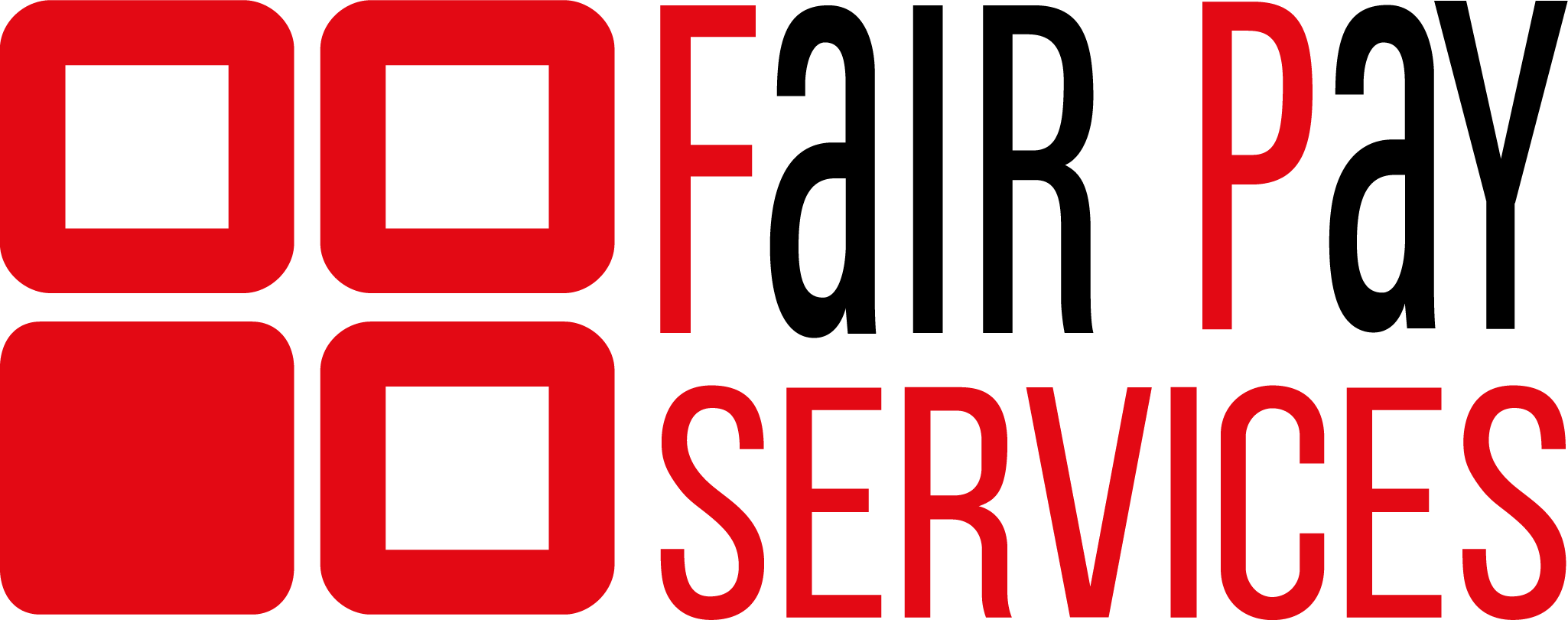How much will I be paid if I work through an Umbrella Company?
If you are paid by an Agency / Employment Business directly, then the rate it offers you (commonly known as the PAYE rate) is the amount, before your PAYE Income Tax and Employees National Insurance Contributions, which you should receive. So if you have a PAYE pay rate of say, £10.42 per hour and work 35 hours you will be paid £10.42 x 35 = £364.70 as gross taxable pay. You will then have your PAYE Income Tax and Employees National Insurance Contributions deducted from this.
But £10.42 is not the true cost to the Agency / Employment Business who is paying you. In addition, they will have to pay things like Holiday Pay, Employers National Insurance Contributions, Apprenticeship Levy and Employers Pension Contributions. As such, the cost to them of paying you £10.42 may be something more like £13.30 per hour. But you aren’t entitled to be paid the full amount of £13.30 —you are only entitled to the £10.42.
Hopefully you are familiar with this concept from any other assignments you have been in. So the £13.30 per hour the Agency / Employment Business receives from the client, out of this the Agency / Employment Business has to pay the Holiday Pay, Employers National Insurance Contributions, Apprenticeship Levy and Employers Pension Contributions. What is left is the £10.42 that the Agency / Employment Business pays you gross (before any Employee deductions are calculated).
Working through an Umbrella Company
If you choose to work through an Umbrella Company, the Agency / Employment Business will pass the Umbrella Company the full costs of your assignment– i.e. the £13.30 per hour (from the funds the Agency / Employment Business themselves has received from the End-Client). This is called the Assignment Rate or Umbrella Contract Rate.
So when the Agency / Employment Business explains to you that you can get £10.42 per hour if you are paid through them, or £13.30 per hour if you are paid through an Umbrella Company. The ‘headline’ rate of £13.30 per hour is intended to cover the total costs of employment and is not the amount you are going to personally earn.
As such it can be very tempting to go with the £13.30 per hour – however, all Umbrella Companies should show all deductions that have been made in your payslip, and all good ones will provide accurate net pay examples before you choose to sign up!
For a specifically tailored example, including student loans, pension contributions or discounts related to your specific Agency / Employment Business or End-Client, please Click Here to submit a Net Pay Example Form or Click Here to contact our Sales Team!
Understanding how your gross pay is calculated
You have a right to a payslip that shows your pay.
You should also receive a ‘reconciliation statement’ from the Umbrella Company which shows you how your gross pay is worked out from the Assignment Rate / Umbrella Contract Rate.
How an Umbrella Company works out your gross pay from the Assignment Rate or Umbrella Contract Rate
The Agency / Employment Business pays the Umbrella Company the Assignment Rate / Umbrella Contract Rate, then the Umbrella Company makes several deductions to work out your gross pay.
The reconciliation statement shows the breakdown of these deductions. You should normally see the following deductions on the statement:
- Umbrella Company operating costs (sometimes called ‘margin’)
- Employer National Insurance Contributions
- Employer Workplace Pension Contributions (if applicable)
- Holiday Pay
- Apprenticeship Levy
The amount after these deductions have been taken off is your gross pay.
If you do not understand the deductions, or if you are not given a breakdown of them, you should speak to your Umbrella Company.
Checking your payslip
Your Umbrella Company will then deduct the following from your gross pay:
- Income Tax
- Employee National Insurance Contributions
- Employee Workplace Pension Contribution (if applicable)
- Student Loan Repayments (if applicable)
- Other deductions that you have agreed to or are legally required to pay
Your pay after these deductions is your take home pay (also known as ‘net pay’).
The National Insurance and pension contributions taken off your gross pay should always be employee contributions, not employer.
If you have issues with your pay, you should speak to your Umbrella Company first to try to sort out the problem.
If you think deductions for Income Tax and National Insurance from your gross pay are incorrect, you can estimate your Income Tax for the current year.
You can Click Here to see examples of what a payslip should look like at GOV.UK


Recent Comments